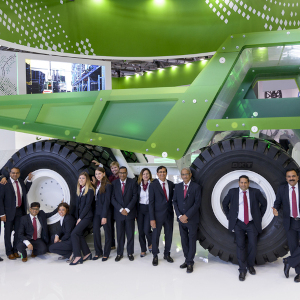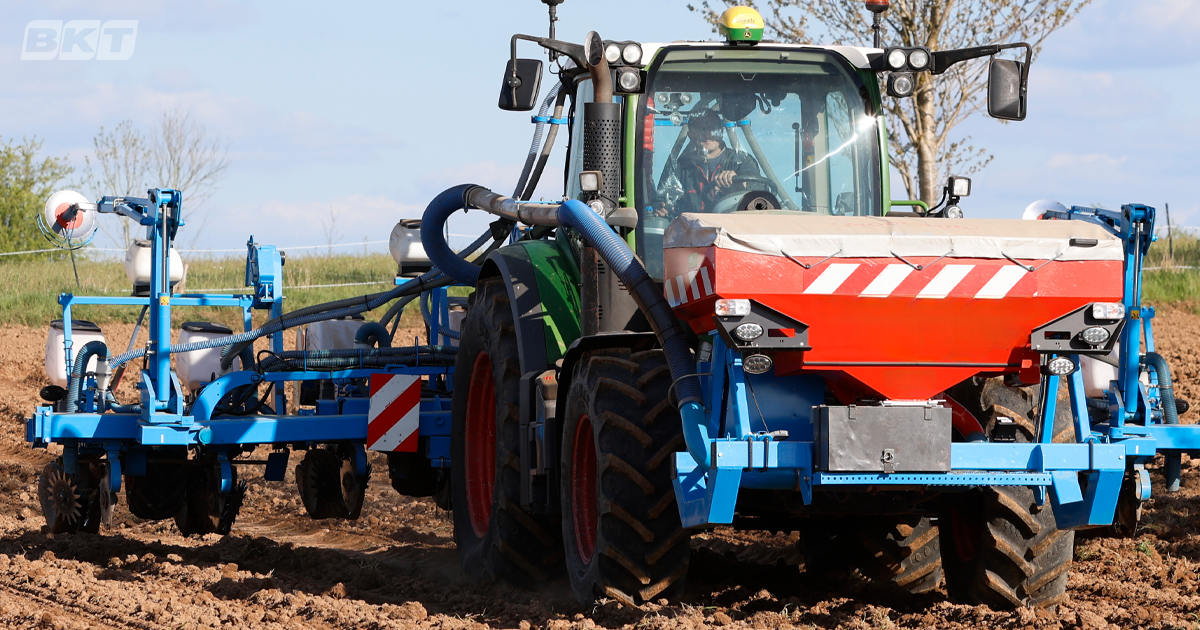Sustainable agriculture is not a rival to organic farming; in fact, sustainable agriculture incorporates organic farming as a viable approach that merges agronomic practices with technology, including the advancements in agricultural tyre technology.
The conversation surrounding sustainable agriculture, with its emphasis on reduced agrochemical use and increased organic farming, is a complex one. The European Union's ambitious "Farm to Fork" strategy exemplifies this complexity. This green transition manifesto aims to drastically cut chemical use in agriculture and propel the adoption of organic production methods. However, this approach faces well-founded scepticism, supported by studies and simulations from various academic and private institutions.
In short, these arguments suggest that if we greatly expand organic farming, we'll produce much less cereal and oilseeds (and as a result, less meat and dairy). This is made worse by cutting back on fertilisers and pesticides. Using fewer of these chemicals also makes crops less healthy and lowers their quality, making us rely more on imports from countries that don't use organic methods.
Better organic... or sustainable?
The agricultural landscape is highly complex and challenging to interpret, but with extreme simplification, the current scenario for major field crop cultivation sees a significant cut in payments from the new Common Agricultural Policy (-25% in 2023) alongside a more than 20% increase in cultivation costs. At the same time, the price of corn has risen by 60%, while wheat prices have remained high, except for organic wheat, whose marginal price increase has failed to offset the lower yields per hectare.
This situation is unlikely to change dramatically in the short to medium term, leaving farmers to focus on a strategy called sustainable intensification. This approach aims to maximise crop yields while streamlining and optimising technical production methods. This can be achieved, for example, by implementing precision agriculture systems (such as variable rate seeding, fertilisation, and weed control), reduced tillage techniques, the agronomic use of liquid manure and digestate, smarter and less wasteful smarter irrigation techniques.
Producing more, but necessarily better
The goal of "producing more food while protecting the environment" requires a new holistic agronomic approach, ultimately increasing a farm's gross income. This involves focusing on and coordinating all five main agronomic components of the agricultural system: genetics, crop diversification, soil management, nutrition, and pest control. Each agronomic practice corresponds to a specific objective, which aligns with market demands for food and environmental quality: biodiversity, crop rotations with legumes, soil conservation, nutrient modulation, and reduction of agrochemicals. These objectives are achieved using the tools available to the farmer, such as high-yielding seeds, diversified crop rotations with multiple harvests, conservation tillage and cover crops, as well as the use of liquid manure, digestate, and bio stimulants, along with the application of state-of-the-art agrochemicals.
The role of agricultural machinery and components, including tyres
Sustainable intensification can't be achieved without cutting-edge farm equipment. This includes precision farming technology, such as tractors that communicate with implements using the ISOBUS standard. It also involves managing a farm's entire machinery fleet for specific crops, and even using cloud-based systems to optimise operations across multiple fields.
In the tractor-equipment system or various self-propelled agricultural machines, components also play a crucial role, especially tyres. Tyres are fundamental elements of the tractor-equipment system, which can certainly help, in sustainable cultivation, to mitigate the negative impact that the operating machinery may have on the soil.
Protecting soil health is crucial for sustainable farming. One way to achieve this is by using special tyres, like the VF 710/70 R 42 and VF 900/60 R 42 from the AGRIMAX V-FLECTO line. These tyres have a wider contact area with the ground, which helps reduce soil compaction and maintains its healthy structure. For row crops, where minimising damage to planted rows is important, narrow tires like the AGRIMAX SPARGO from the VF Row Crop line can be beneficial. These tyres can handle heavier loads than standard tyres without causing excessive compaction. They focus on minimising surface contact, for example in row crop applications.






